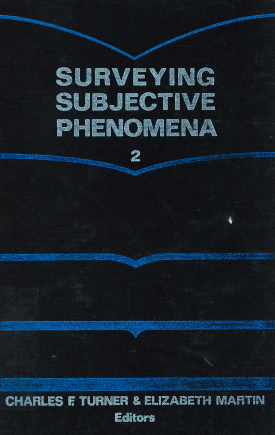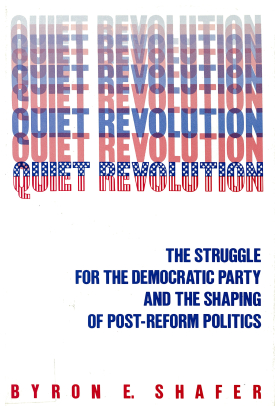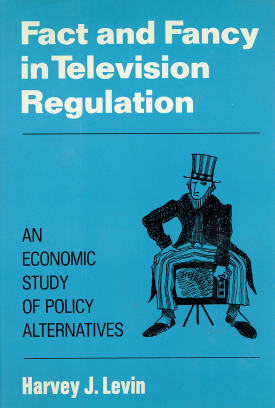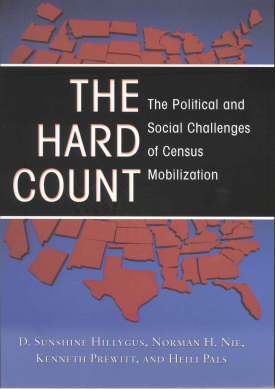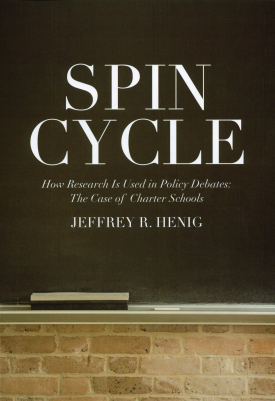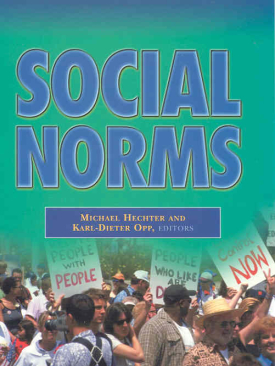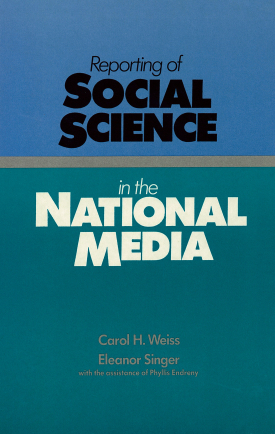
Reporting of Social Science in the National Media
About This Book
Policy makers, as well as the general public, are often unaware of social science research until a story about it appears in the national media. Even in official Washington, a staffer’s report on social research may go unnoticed while a report in the Washington Post receives immediate attention.
This study takes a systematic and revealing look at social science reporting. How do journalists hear about social science, and why do they select certain stories to cover and not others? How do journalistic standards for selection compare with social scientists’ own judgments of merit? How do reporters attempt to ensure accuracy, and how freely do they introduce their own interpretations of social science findings? How satisfied are social scientists with the selection and accuracy of social science news?
In Part I, Carol H. Weiss addresses these questions on the basis of personal interviews with social scientists and the journalists who wrote about their work. Part II, by Eleanor Singer, is based on an analysis of media content itself, and compares social science reporting over time (between 1970 and 1982) and across media (newspapers, newsmagazines, television). These two complementary perspectives combine to produce a thorough, realistic assessment of the way social science moves out of the academy and into the world of news.
CAROL H. WEISS is professor in the Graduate School of Education at Harvard University.
ELEANOR SINGER is senior research scholar in the Center for the Social Sciences at Columbia University.

